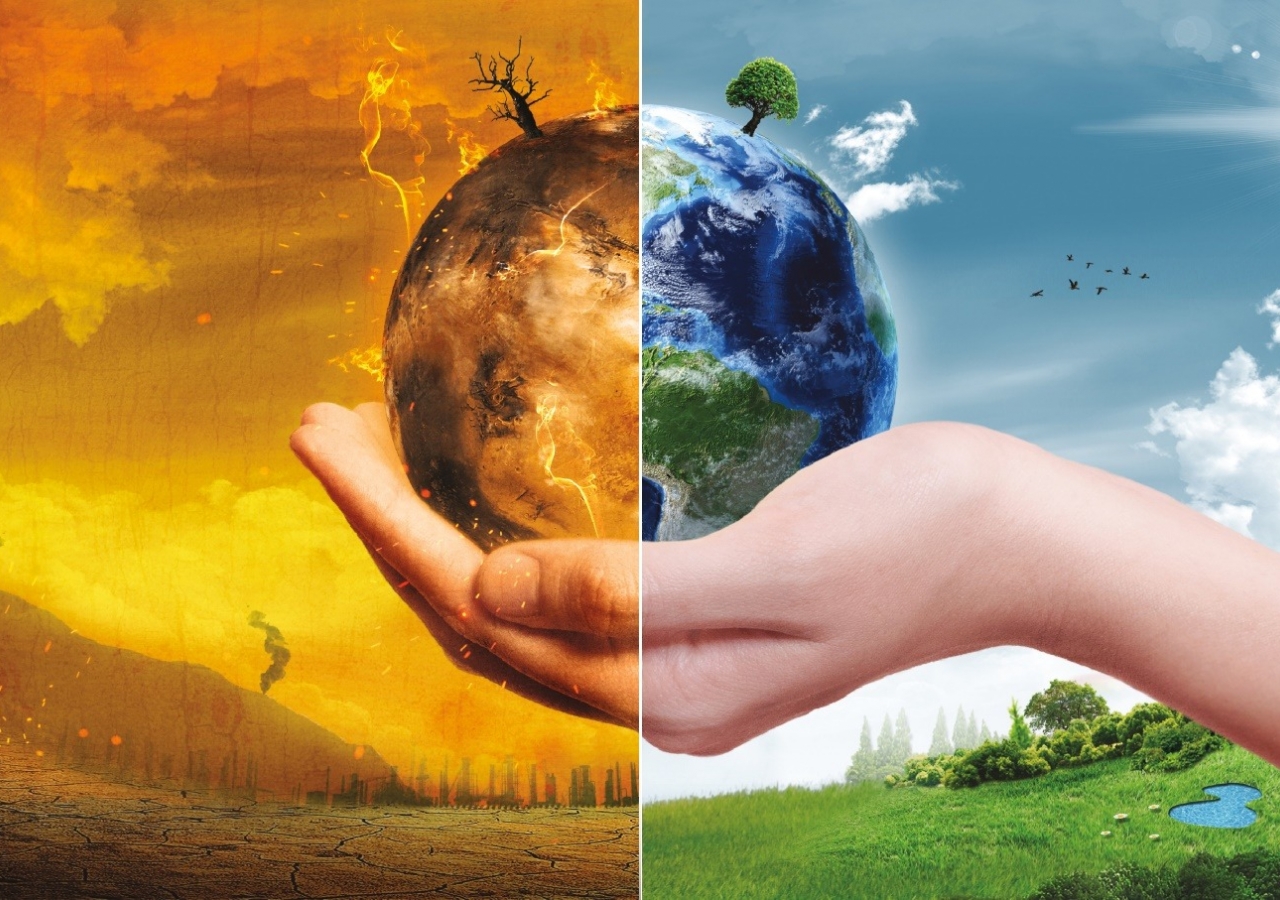Understanding Climate Change
At its core, climate change refers to long-term shifts in Earth's average weather patterns, particularly temperature, precipitation, and wind patterns. What's profoundly unsettling is that these changes are largely human-induced. The main contributors for this are greenhouse gases, such as carbon dioxide and methane, released into the atmosphere through activities like burning fossil fuels, deforestation, and industrial processes.
The Importance of Addressing Climate Change
Why should we care about climate change? The answer lies in the profound and far-reaching impacts it poses. As global temperatures rise, we witness an increase in extreme weather events, from more frequent heatwaves to devastating storms. Sea levels are creeping upward, posing a peril to coastal communities and habitats. As we've observed in recent years, wildfires rage with unprecedented intensity, hurricanes batter coastlines, and glaciers melt at an alarming rate. Looking ahead, scenarios painted by scientific research are ominous: more severe heatwaves, intensifying storms, and altered ecosystems that threaten the very foundations of our way of life. Economically, the consequences are vast, with crop failures, infrastructure damage, and increased healthcare costs at stake.
Countless academic studies have contributed to our understanding of climate change. The Intergovernmental Panel on Climate Change (IPCC) stands as a cornerstone, providing comprehensive assessments of climate science and its impacts. NASA's research has played a vital role, offering a wealth of data on Earth's changing climate, while the United Nations Framework Convention on Climate Change (UNFCCC) shapes international policy.
How Can We Respond?
Responding to climate change involves a collective effort. Institutions can drive change by transitioning to renewable energy sources, adopting sustainable practices (water conservation and management, for example) and investing in education, increasing public awareness. Individuals can also make a significant impact. Reducing energy consumption, using public transport, and embracing a plant-based diet are some examples of personal choices that collectively reduce our carbon footprint.
In Conclusion
As we stand on the precipice of a world forever altered by the consequences of our actions, the responsibility to address this global crisis is incumbent upon us all. We must heed the warnings of science, embrace the spirit of cooperation, and take tangible steps to mitigate the dangers before us. By gradually implementing some of the recommendations mentioned above, we can build resilience, protect our communities, and ensure a sustainable and habitable future for generations to come. The time for action is now.
References:
• Intergovernmental Panel on Climate Change (IPCC)
• NASA's Climate Research
• United Nations Framework Convention on Climate Change (UNFCCC)
• National Geographic - "Climate Change"
• The World Bank - "Climate Change Knowledge Portal"








